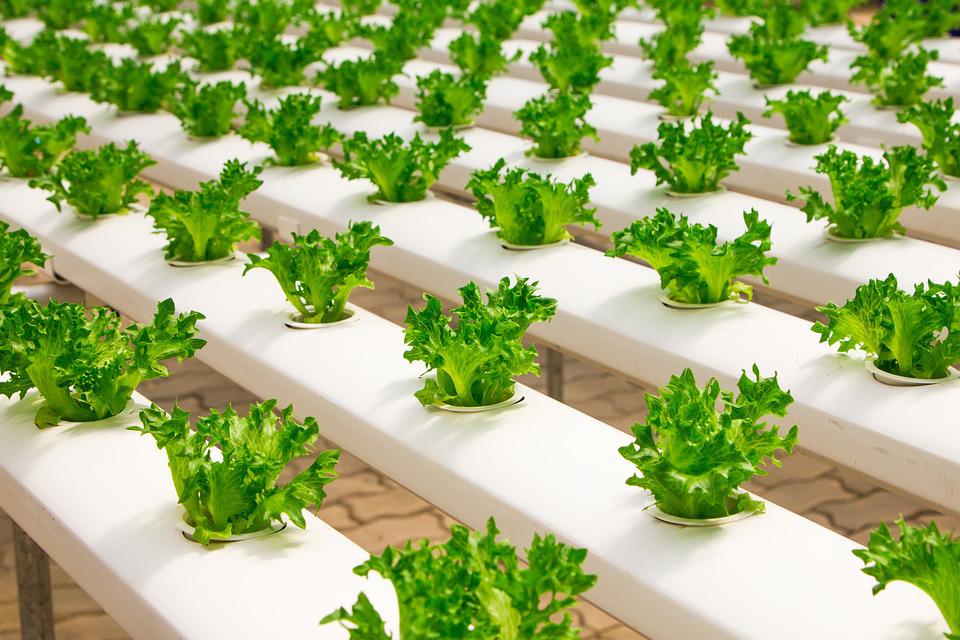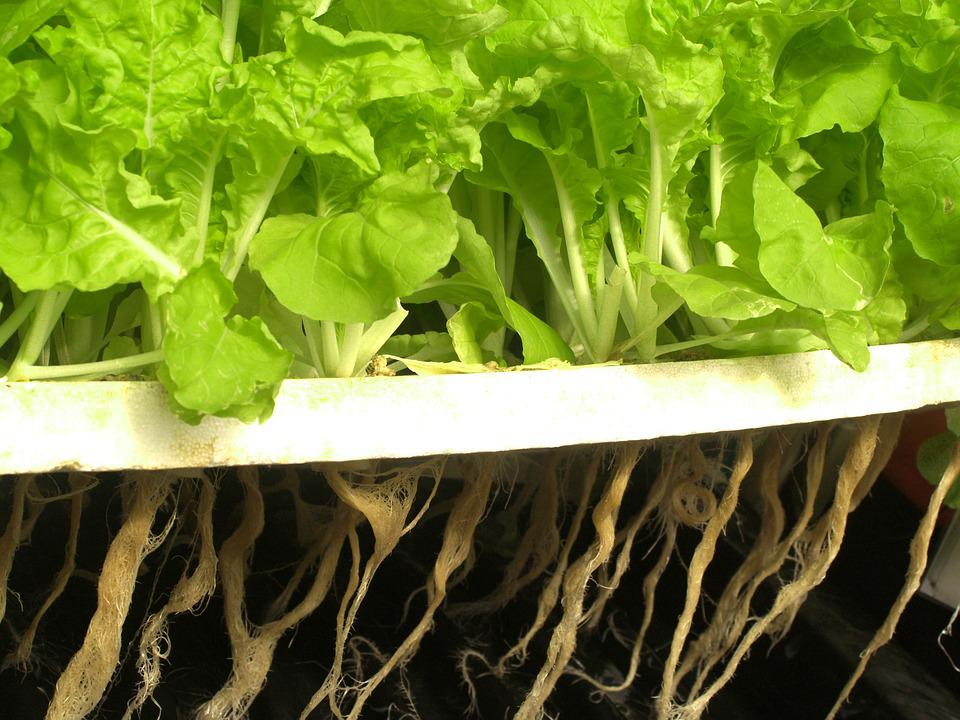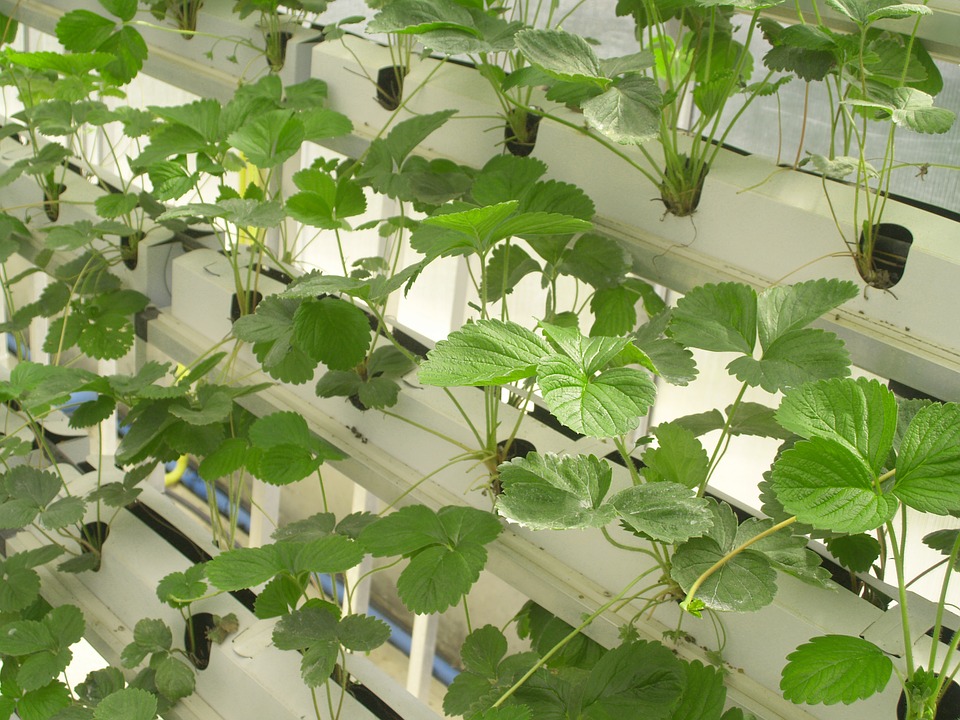science never stops move along in the sectors most necessary for our survival. More and more innovations bring us benefits in the more established sectors of our society. Without going any further, the hydroponic cultivation It is a new way of revolutionizing the primary sector. We tell you!
Hydroponics and its benefits
Before beginning to explain the advances that this new work agrarian supposes, we should specify what is it about for anyone who hasn't heard of it. This form of agriculture consists of dispense with in every way the land to grow food. The most obvious question is why remove this item from farms? The truth is that there are several reasons for that.
The first of these is to avoid several of the problems that large tracts of land can mean for farmers. Currently there have been developed systems that guarantee the crecimiento and the nutrition of the cultivated foods that do not require any type of land. Another compelling reason has to do with reducing the use of pesticides, because by eliminating the earth, these elements are no longer necessary in the vast majority of cases.

In this way, the hydroponic crops will work by keeping the roots of the plants in suspension, absorbing nutrients from a water enriched. The supports for the plants can vary between bark, gravel or foam, which will replace the usual planting ground for these products. It is a initiative that every year is gaining more and more strength.
More and more countries join
The appearance of hydroponic cultivation represents a advantage for countries that have space problems for food crops. This is the case of Singapore, a country that until 2020 it was only capable of producing 8% of the total food needs of their citizens. However, the Singapore government has decided to reverse this situation and has started a plan that proposes increase this percentage to 30% before 2030.

However, the country could not adapt to this change so quickly without the existence of hydroponic crops. You see, one of the main advantages of this new system is that it does not require excessively large growing space. wide. In Singapore, only the 30% of the available territory is without buildings. In addition, most of these undeveloped areas are spaces mountainous or protected.
That's where the hydroponic cultivation. The way in which this variant of farming is designed cuisine It allows the use of closed enclosures that are more similar to laboratories than to farms. In addition, the absence of land favors a exploitation of extreme space, because by not depending on large tracts of land to plant, the land necesario is less.
Hydroponics is a green breakthrough
Another reason why this initiative may represent a interest relevant to the countries that decide to carry it out is the benefit Environmental. If we go back to the example of Singapore, by producing only 8% of the food necessary for its population, the remaining 92% must be imported from other countries. This represents a considerable increase in the emissions of CO2 by the city-state.

By reducing the percentage of import, many countries would see their emission rate reduced, which could have a positive impact on their compromises environmental. Also, the saving of other resources, such as space by being able to build these farms in a vertical, or elements like water, can be very interesting depending on the condition of the country.
In addition, the chances that the crop will be successful they also increase. no longer just because the climatic risks of a traditional farm are reduced, if not because it can be measured with greater precision what each plant needs. All this, in addition, increasing the quality of the products, since so many chemicals would no longer be necessary to to guarantee its growth.
What do you think? Did you know this peculiar form of agricultural modernization? Would you like to test the results of one of the harvests of a hydroponic crop?







